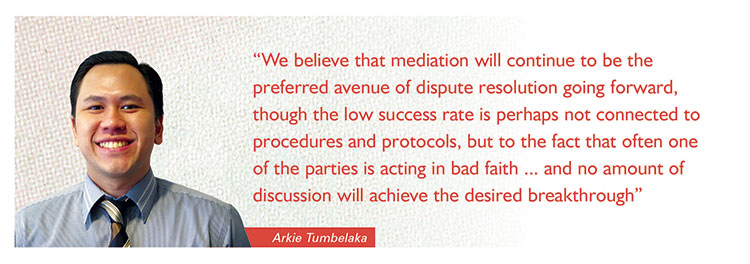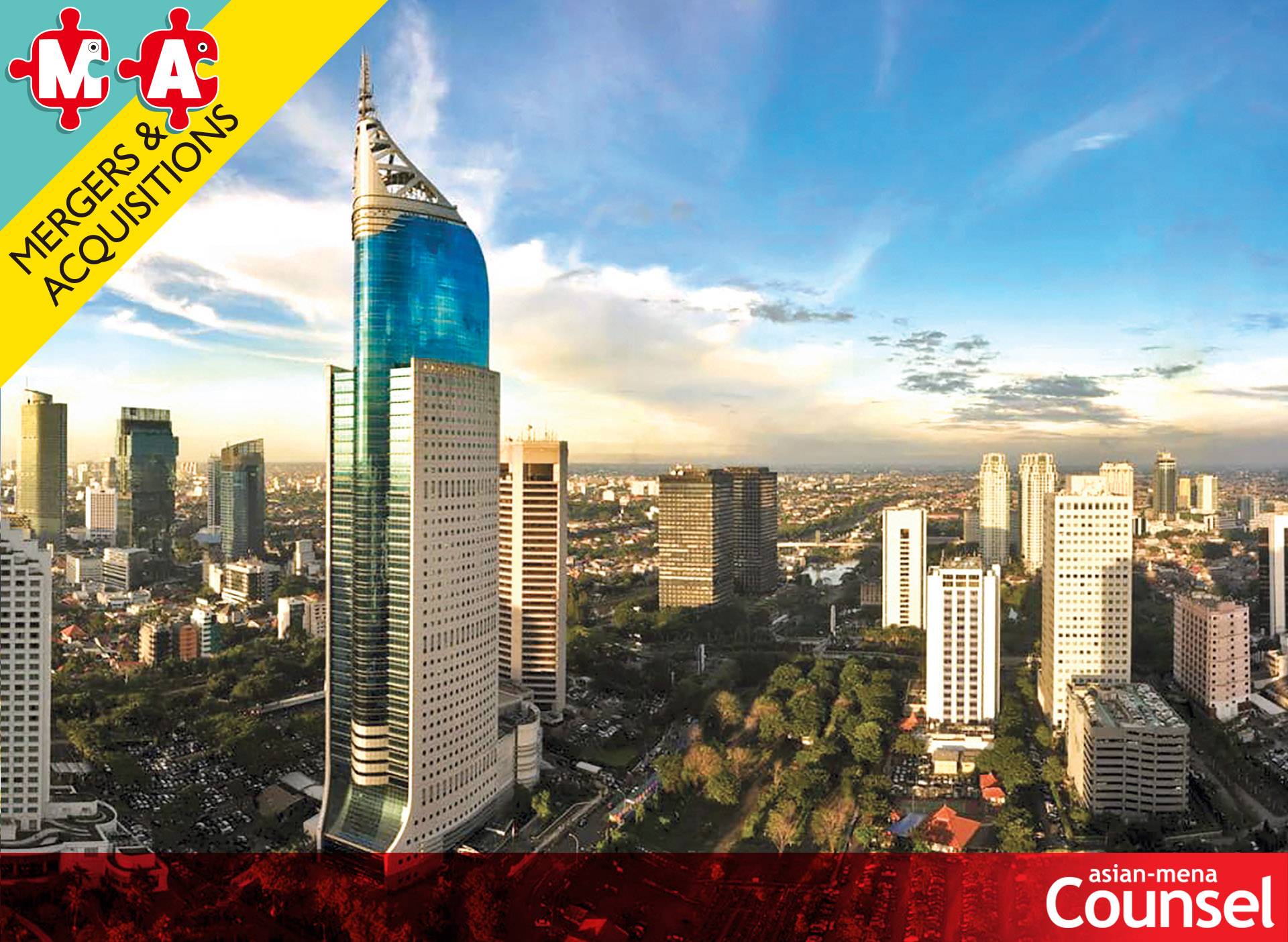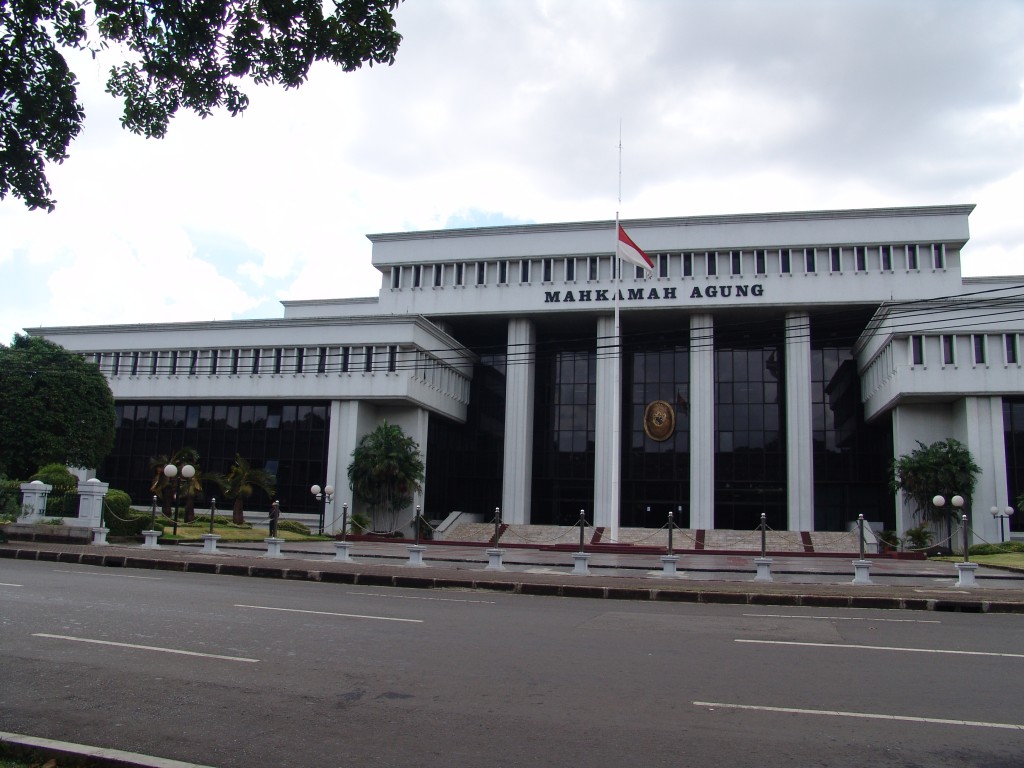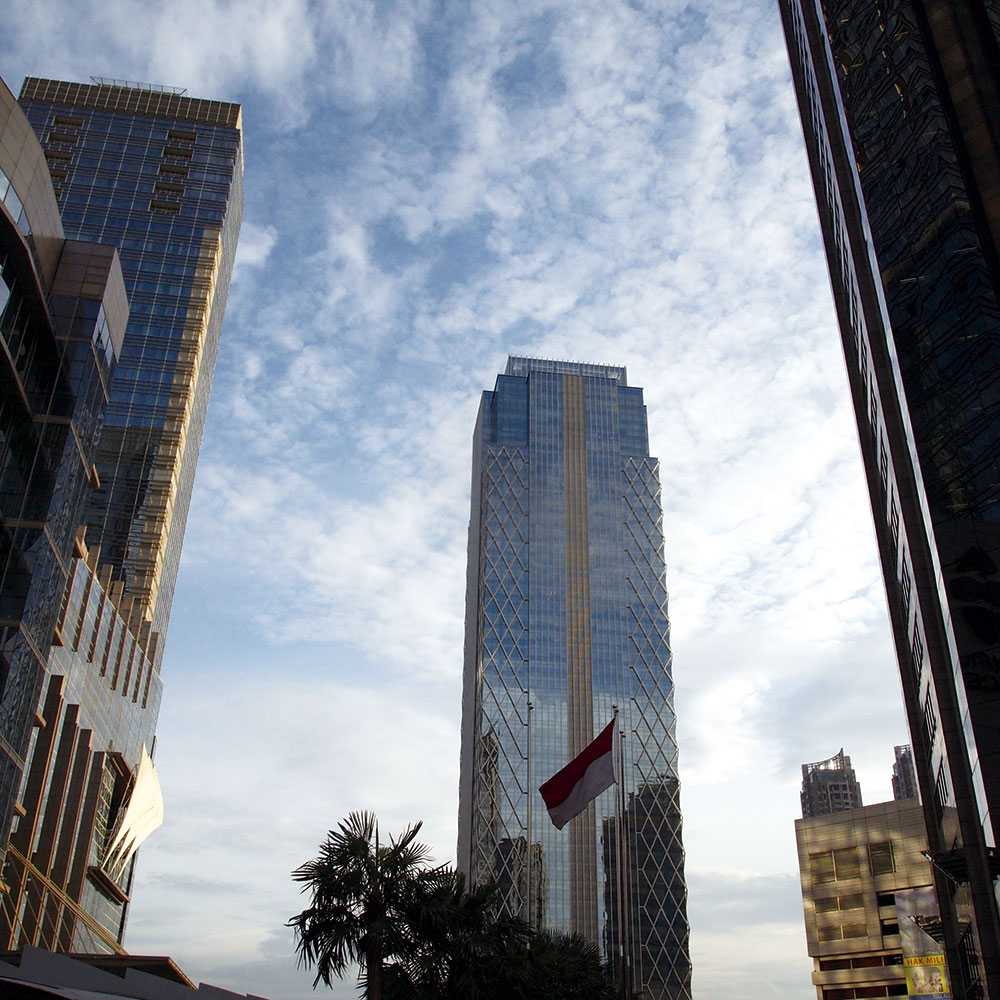Made Barata, S.H. with assistance from Bobby Manurung, S.H. and Arkie Tumbelaka, S.H. of Mochtar Karuwin Komar gives an overview of mediation and tells why he believes that going forward, this avenue will become more popular.
Mediation has been in the spotlight recently, as authorities strive to streamline adjudication to foster a more efficient and cost-effective forum to settle commercial disputes. Unlike litigation, mediation strives to find a win-win solution to limit court fees as much as possible, and it allows the parties to resolve their disputes without a cumbersome court process. Unlike in commercial litigation, in mediation the parties are in control of the timing and flow of the whole process, and many formalities intrinsic to litigation are simply stripped away.
In the past, the mediation process was regulated under SC Reg no. 1 of 2008 (Old SC Reg) and despite the positive aspects mentioned above, too many parties in dispute seem to regard it as just another bureaucratic hurdle to surmount and dispense with before actual court proceedings can be entered into. However, notwithstanding the foregoing, many regulators and practitioners around the world feel that going forward mediation is the way to go because it avoids the backlog in the courts and the cost and time-consuming nature of litigation, among other reasons. To better streamline and encourage effective mediation, a new Supreme Regulation (Supreme Court Regulation no. 1/2016 or New SC Reg) was recently issued which replaces and supersedes the Old SC Reg.
Mediation in a nutshell
In brief, mediation is a process which can be conducted in-court or out of court. Pusat Mediasi Nasional (PMN) is an Indonesian entity accredited by the Supreme Court of the Republic of Indonesia to hold mediation training, and it awards mediator certificates. PMN also has a list of certified mediators with their particular expertise or experience in various business fields, which parties can choose and agree on to use as mediators if they do not opt for judge mediators. Essentially, there are two types of court-annexed mediation. The first type is in court; the second type takes place outside the court. Any mediation conducted outside the court will need to use a certified mediator and not a judge mediator. The key difference between mediation conducted inside and outside of the court is the executorial standing of the mediation agreement. In mediation inside the court, the mediator can be a judge and as a result, the agreement reached will be ratified and approved by the judge. By doing so, the outcome of the mediation will be memorialised in the form of a determination of the judge, and it will be enforced by the court. However, in mediation outside the court, the agreement made during mediation will be in the form of a legal contract.
According to the New SC Reg, the parties must attempt to settle their dispute via mediation before coming to trial. The parties must appoint a mediator within two days of being ordered to do so by the judge; they then have five days to submit a summary of the case at hand. The parties then have 30 days to resolve their dispute with the services of a mediator during which time they must display good faith. By force of the New SC Reg, failure to show good faith by any party will result in the offending party having to assume the fees for mediation. If after 30 days no agreement has been reached, an extension of 30 days can be granted or the case will then proceed to court.
The key to the whole process is of course the mediator; the mediator must be a judge or a certified mediator who is accredited through a programme run by the Supreme Court or another institution approved by the Supreme Court. The role of the mediator is to arrange the schedule with the parties and give them the opportunity to present their cases and assist them in drafting a settlement. They then must deliver a report to the judge on the outcome of the mediation session. It is also at their discretion to report any party which they feel have not acted in good faith during the course of the mediation proceedings. The choice of the mediator or mediators is at the discretion of the parties in dispute, and mediator fees vary widely, depending on the experience of the mediator, the time spent and the complexity of the issue at hand.
The parties are able to bring evidence and to invite expert witnesses to testify. However, the status of the evidence is not the same as in a courtroom setting. Even though there is evidence presented, the mediator is not a judge and does not pass judgment on any party. The evidence is presented simply as a matter of course and to better elucidate the case at hand.
 Mediation process Pre-mediation After having explained the basics of mediation, the judge will instruct the parties in dispute to appoint a mediator, and then the mediator will set up a schedule for the mediation process to follow, the venue for mediation and deal with any other formalities. To save on costs, the court house can be used as the venue for mediation, and the judge can serve as mediator.Mediation All parties must submit a summary of the case within five business days and then mediation begins. During the sessions, all parties must follow the ‘good faith’ principle. This means that they must personally attend mediation, not be absent without a legitimate reason, they must respond to the Case Résumé from the other party and must sign the Settlement Agreement or give a reasonable explanation why if they refuse to do so. There are two possible outcomes to mediation: 1. A settlement is reached: the parties in dispute and the mediator sign an agreement, and the mediator then has the obligation to give a report to the judge signalling that mediation was successful and present the settlement agreement; 2. No settlement can be reached: the parties fail to reach a settlement, and the mediator must indicate this fact to the judge by way of a written report. Subsequently, the judge will issue an order to continue the litigation process. |
 Mediator duties Mediators must carry out the following duties: • Introduce the parties • Explain the objective of the mediation • Conduct meetings with the parties separately and together to determine the positions of the parties in dispute • Help find the best solution • Assist the parties in drafting a settlement agreement • Give a report to the judge regarding the outcome of mediation • Report any party who the mediator believes is not acting in good faith The mediator himself is bound by a code of conduct which is set out in the Old SC Reg. In the New SC Reg there is no new code of conduct, which means that the old one still prevails. In general, the code of conduct stipulates the duties and obligations of mediators which are, among others, not to accept gifts or bribes that would influence their behaviour, avoid conflicts of interest, keep all information revealed during the course of mediation confidential and continually seek to improve their mediation skills through continuous learning, among others. Conclusion We believe that mediation will continue to be the preferred avenue of dispute resolution going forward, though the low success rate is perhaps not connected to procedures and protocols, but to the fact that often one of the parties is acting in bad faith (i.e. never had any intention of honouring its obligations), and no amount of discussion will achieve the desired breakthrough. The efforts in the New SC Reg to punish any party that is not ‘acting in good faith’ by making them assume all fees is an interesting move, but not a perfect solution in itself. We will have to wait to see if the New SC Reg makes a positive difference in practice, but we are optimistic since the issuance of the New SC Reg in itself demonstrates the authorities’ focus on streamlining the dispute process by creating a healthy environment in which to resolve differences. |
Key highlights of the New SC Reg:
• Obligation to show good faith by all parties in dispute
• Shorter period to reach an agreement (30 days in the Old SC Reg to 30 days in the New SC Reg)
• The parties themselves must personally appear (unlike in litigation where lawyers can be sent as proxies)
• Shorter mediation time (30 days from the previous 40 days)
 Mediation is not only relevant in domestic disputes but also in international disputes, which international institutions, such as the Singapore International Mediation Centre (SIMC), are well-placed to handle. Benson Lim of Berwin Leighton Paisner LLP’s Singapore office stated “In my experience as a mediator and mediation advocate, for mediation to be most effective as a dispute resolution option, parties should always consider the option of mediation at the start of any dispute and as part of an overall dispute resolution strategy. The effective use of mediation is even more important in international disputes where the financial stakes are usually higher and the clash of business cultures is more apparent.”A famous lawyer once said: “Discourage litigation. Persuade your neighbours to compromise whenever you can. Point out to them how the nominal winner is often the real loser – in fees, and expenses, and waste of time.” – Abraham Lincoln–––––––––– E: mb@mkklaw.net bobby.manurung@mkklaw.net arkie.tumbelaka@mkklaw.net W: www.mkklaw.net |














 Mochtar Karuwin Komar (MKK)
Mochtar Karuwin Komar (MKK) Emir Kusumaatmadja
Emir Kusumaatmadja Mulyana
Mulyana







